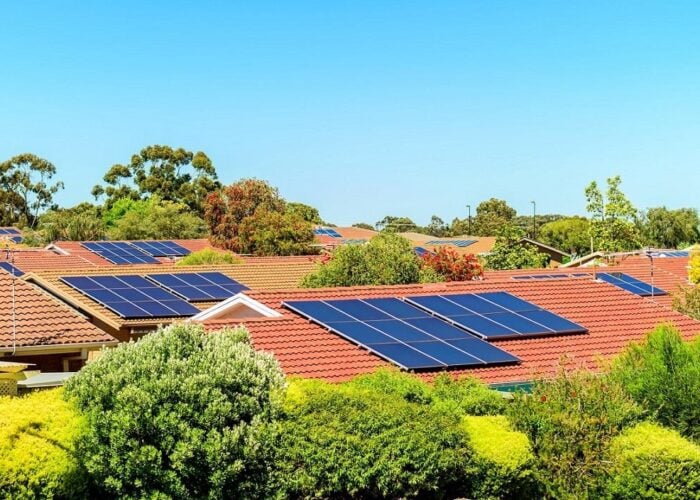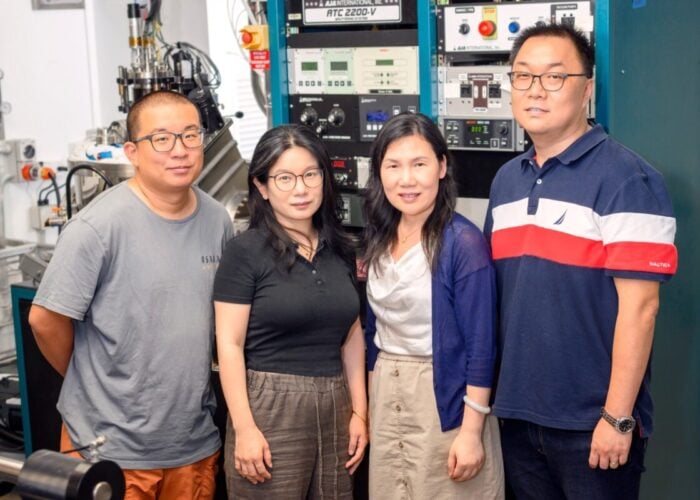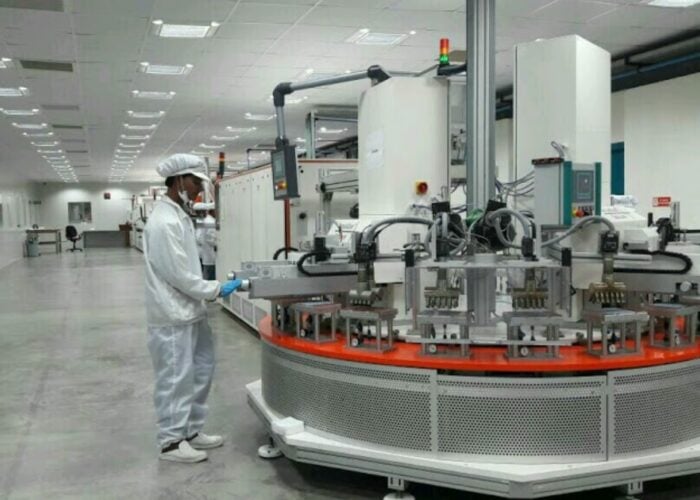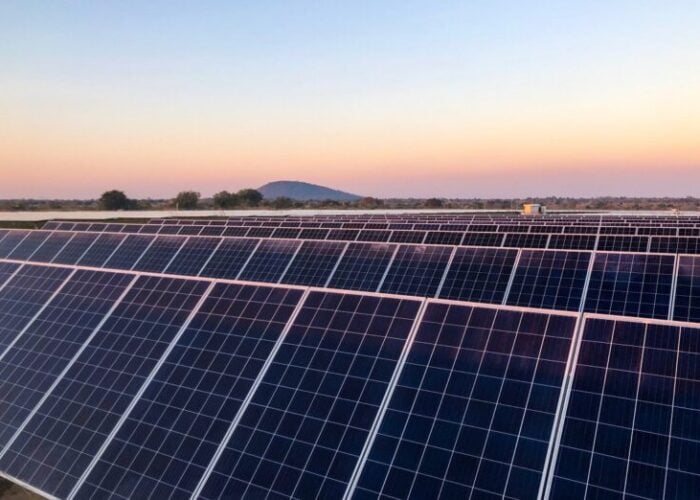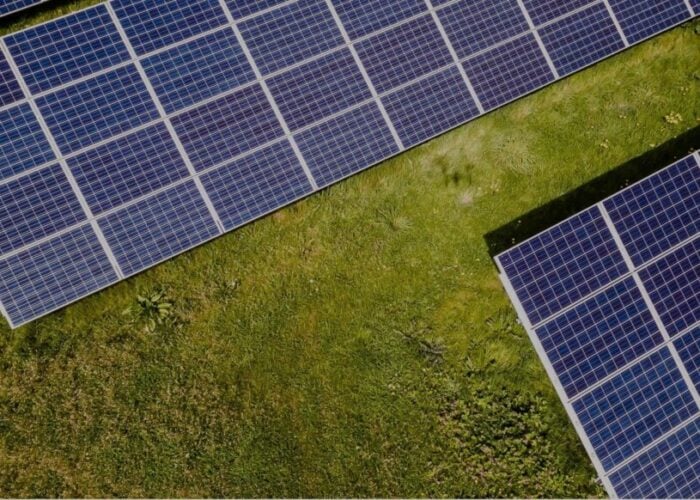After several years of rapid price declines for conventional crystalline silicon solar modules, CIGS (copper indium gallium selenium) thin-film technology hasn’t been immune from the ‘solar shakout,’ despite its inherent capabilities to provide high conversion efficiency and low-cost production. Solyndra, Odersun, Soltecture, Global Solar Energy, Solibro and MiaSolé are companies that pioneered CIGS adoption but have either failed or now seek new partners to continue operations.
However, the technology is starting to fight back, after TSMC Solar said that it had successfully manufactured 14.2% efficient modules using its R&D and pilot production line at its highly-automated plant, located in Taichung, Taiwan.
Try Premium for just $1
- Full premium access for the first month at only $1
- Converts to an annual rate after 30 days unless cancelled
- Cancel anytime during the trial period
Premium Benefits
- Expert industry analysis and interviews
- Digital access to PV Tech Power journal
- Exclusive event discounts
Or get the full Premium subscription right away
Or continue reading this article for free
Equipment supplier, Manz also touted a new 14.6% record module efficiency mark, using its CIGSfab mass production line in Schwäbisch Hall, Germany to produce the results. Manz initially licensed the CIGS technology from Würth Solar, while TSMC Solar partnered with Stion.
Having only started small-scale production last-year, TSMC Solar was very quickly able to produce modules at its plant around the 13% efficiency mark. The company noted that modules with 14.2% efficiencies are undergoing UL and IEC certification with product availability expected early in 2013. Its TS CIGS Series module line-up has therefore been upgraded to span 130W – 140W modules, close to the mainstream average c-Si module levels when yield, light soaking and other factors are considered.
Like TSMC Solar, Manz had gone back to R&D to accelerate the development of higher efficiency modules and production cost reductions, necessary to compete with crystalline silicon modules.
“The thin-film panels manufactured on our systems are competitive everywhere in the world,” says Dieter Manz, founder and CEO of Manz AG. “And as a result, the solar market's growth will no longer be dependent on national subsidy conditions.”
The bold claim comes from the company believing it has demonstrated a significant reduction (40%) in the up-front investment costs for its CIGSfab line.
TSMC Solar was a little more reserved in touting its efficiency gains. “These significant improvements achieved since entering pilot production in March of this year demonstrate our ability to make rapid technology advancements. We are confident that our focus on technology improvement will enable us to continue driving efficiencies significantly higher for the next few years,” said Ying-Chen Chao, President of TSMC Solar.

